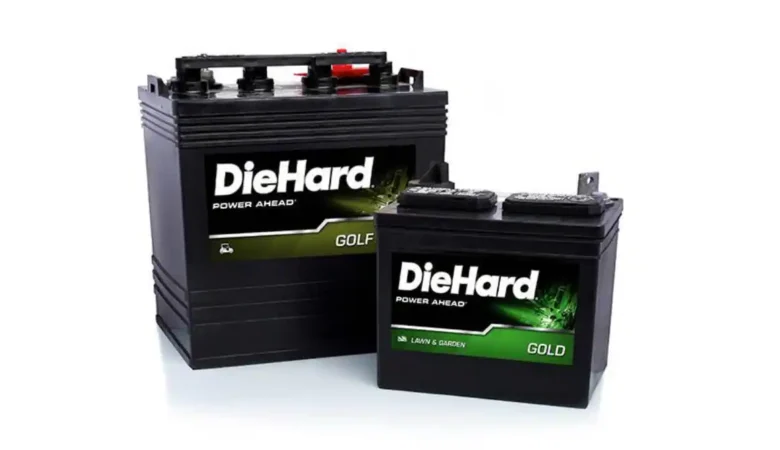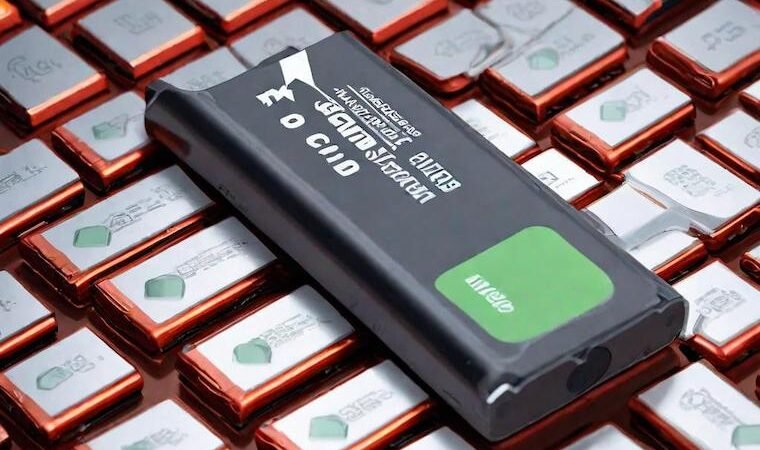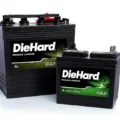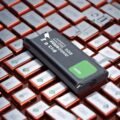Golf carts have become a popular mode of transportation in various settings, including golf courses, resorts, and communities. Whether you use your golf cart for leisurely rounds of golf or daily commutes, choosing the right battery is essential for optimal performance and longevity. With several battery options available, it can be challenging to determine which one is best suited for your needs. This article will discuss the factors you should consider when choosing a golf cart battery.
- Battery Type: Golf cart batteries are typically available in two types: lead-acid and lithium-ion. Lead-acid batteries are more affordable but require regular maintenance, such as watering and cleaning. On the other hand, lithium-ion batteries are maintenance-free, lighter, and have a longer lifespan, but they are more expensive upfront.
- Voltage: Golf cart batteries are available in 6-volt, 8-volt, and 12-volt options. The voltage of the battery will depend on the power requirements of your golf cart. Generally, higher voltage batteries provide more power and longer runtime.
- Capacity: The capacity of a golf cart battery is measured in ampere-hours (Ah) and indicates how much energy the battery can store. Higher capacity batteries can provide longer runtime between charges. Consider your typical usage pattern and choose a battery with sufficient capacity to meet your needs.
- Size and Fit: It’s important to choose a battery that fits your golf cart’s battery compartment properly. Check the dimensions of the battery and ensure it will fit without any modifications to the compartment.
- Brand and Reputation: Choose a reputable brand known for producing high-quality golf cart batteries. Reading reviews and seeking recommendations from other golf cart owners can help you make an informed decision.
- Warranty: Look for a battery that comes with a warranty, as it provides peace of mind against defects and premature failure. Check the terms of the warranty, including coverage duration and conditions.
- Charging Requirements: Consider the charging requirements of the battery, such as charging time and compatibility with your existing charger. Some batteries may require special chargers or charging cycles.
- Budget: Determine your budget for a new golf cart battery and choose one that offers the best value for your money. Consider the upfront cost, maintenance requirements, and expected lifespan of the battery.
- Environmental Considerations: If you are environmentally conscious, you may want to choose a battery that has a minimal impact on the environment. Lithium-ion batteries are more environmentally friendly than lead-acid batteries.
- Consultation with Experts: If you’re unsure about which battery to choose, consider consulting with a golf cart expert or dealer. They can provide you with recommendations based on your specific needs and requirements.
Conclusion
In conclusion, choosing the right golf cart battery is crucial for ensuring optimal performance and longevity of your golf cart. Consider the factors mentioned above, such as battery type, voltage, capacity, size, brand reputation, warranty, charging requirements, budget, and environmental considerations, to make an informed decision. With the right battery, you can enjoy a reliable and efficient golf cart experience for years to come.
Frequently Asked Questions
The best type of battery for a golf cart depends on your specific needs and budget. Lead-acid batteries are more affordable but require regular maintenance, while lithium-ion batteries are maintenance-free but more expensive upfront.
The lifespan of golf cart batteries varies depending on factors such as usage, maintenance, and battery type. On average, lead-acid batteries last between 4 to 6 years, while lithium-ion batteries can last up to 10 years or more.
It’s recommended to charge your golf cart batteries after each use, especially if you’ve used the cart extensively. Avoid letting the batteries completely discharge, as this can shorten their lifespan.
No, regular car batteries are not suitable for use in golf carts. Golf cart batteries are designed to provide the specific power and longevity required for golf cart operation.
Regular maintenance is essential for prolonging the lifespan of your golf cart batteries. This includes checking the water levels (for lead-acid batteries), cleaning the terminals, and avoiding overcharging or deep discharging.
Signs that it’s time to replace your golf cart batteries include reduced runtime, difficulty starting, and frequent need for recharging. You may also notice visible damage or leaking from the batteries.
Yes, you can use a solar charger for your golf cart batteries. Solar chargers are an environmentally friendly option that can help keep your batteries charged when you’re not using the cart.
While lithium-ion batteries are more expensive upfront, they offer several advantages, including longer lifespan, lighter weight, and maintenance-free operation. Whether they’re worth the extra cost depends on your priorities and budget.
Yes, overcharging can damage your golf cart batteries. It’s essential to use a charger specifically designed for golf cart batteries and to follow the manufacturer’s recommendations for charging.
Yes, upgrading your golf cart batteries can improve performance, such as increasing range and runtime. However, it’s essential to ensure that the new batteries are compatible with your golf cart’s voltage and charging system.









